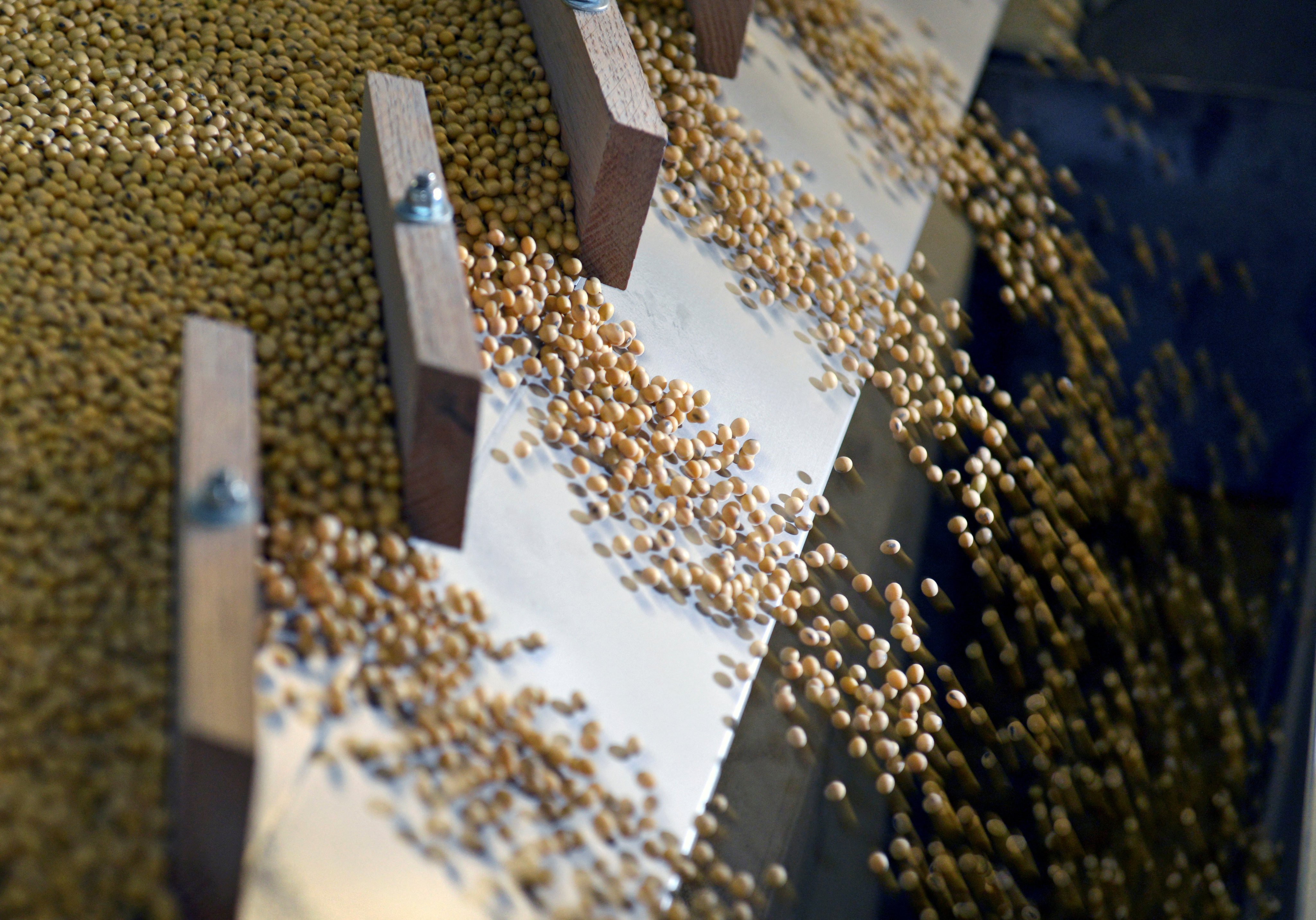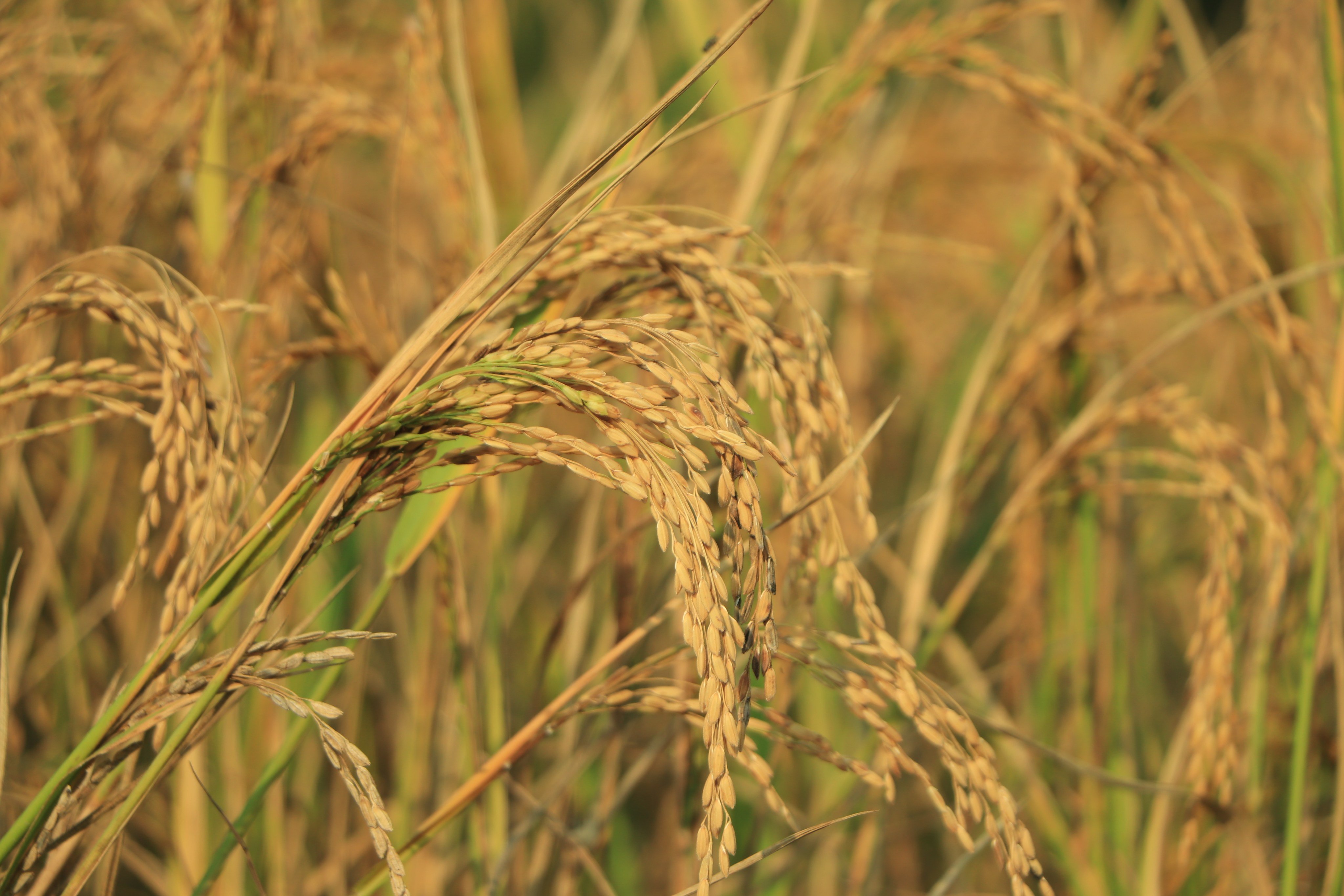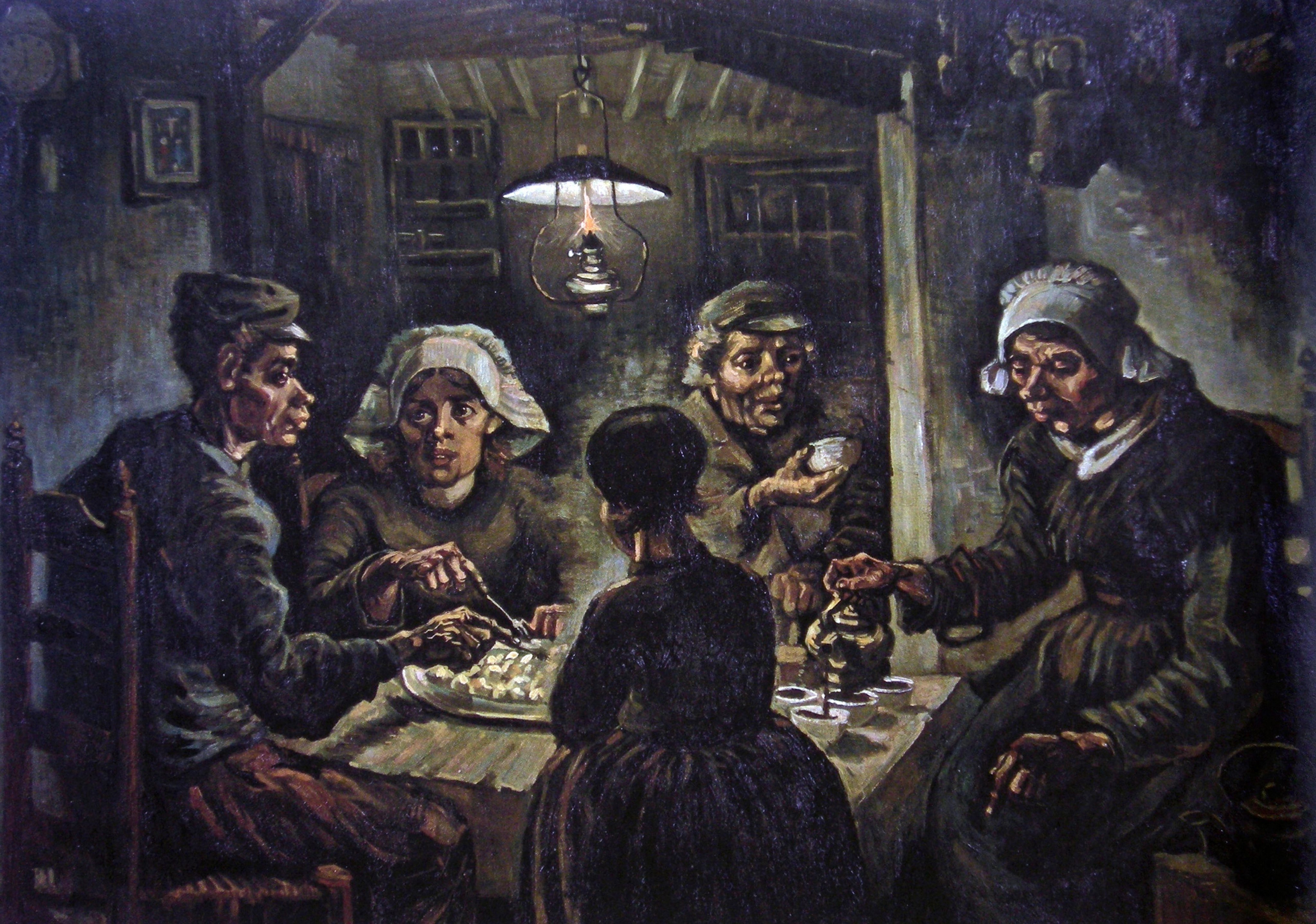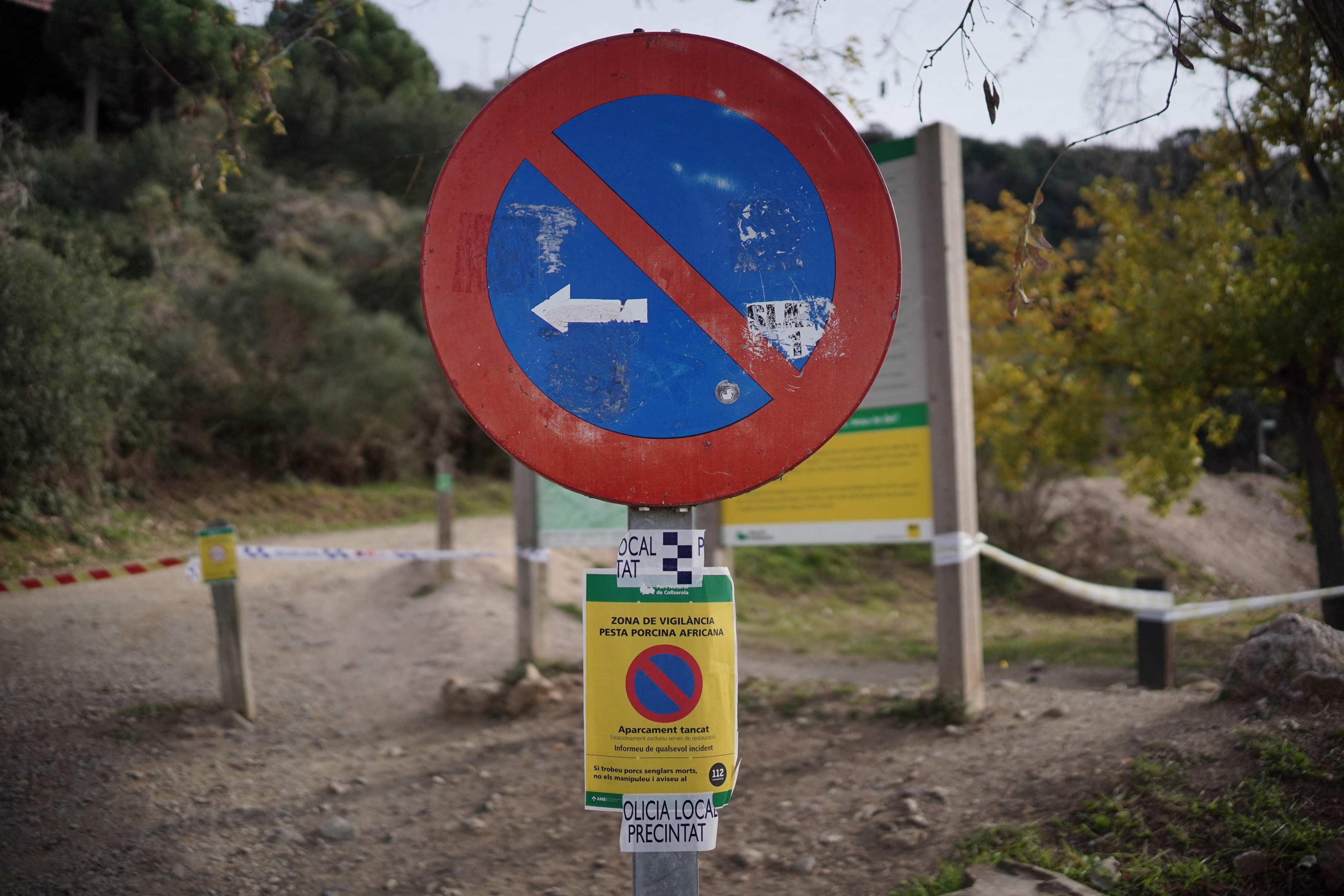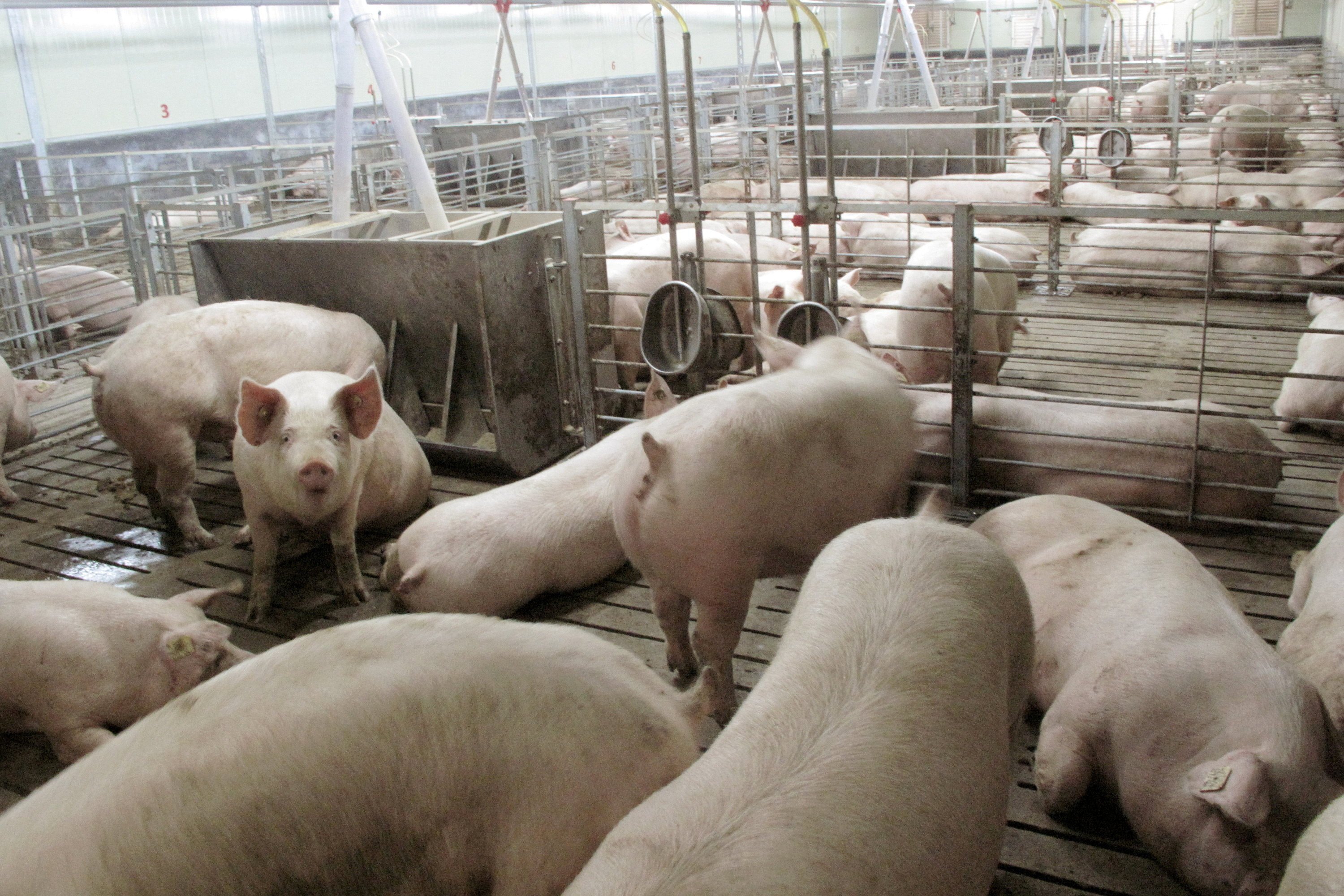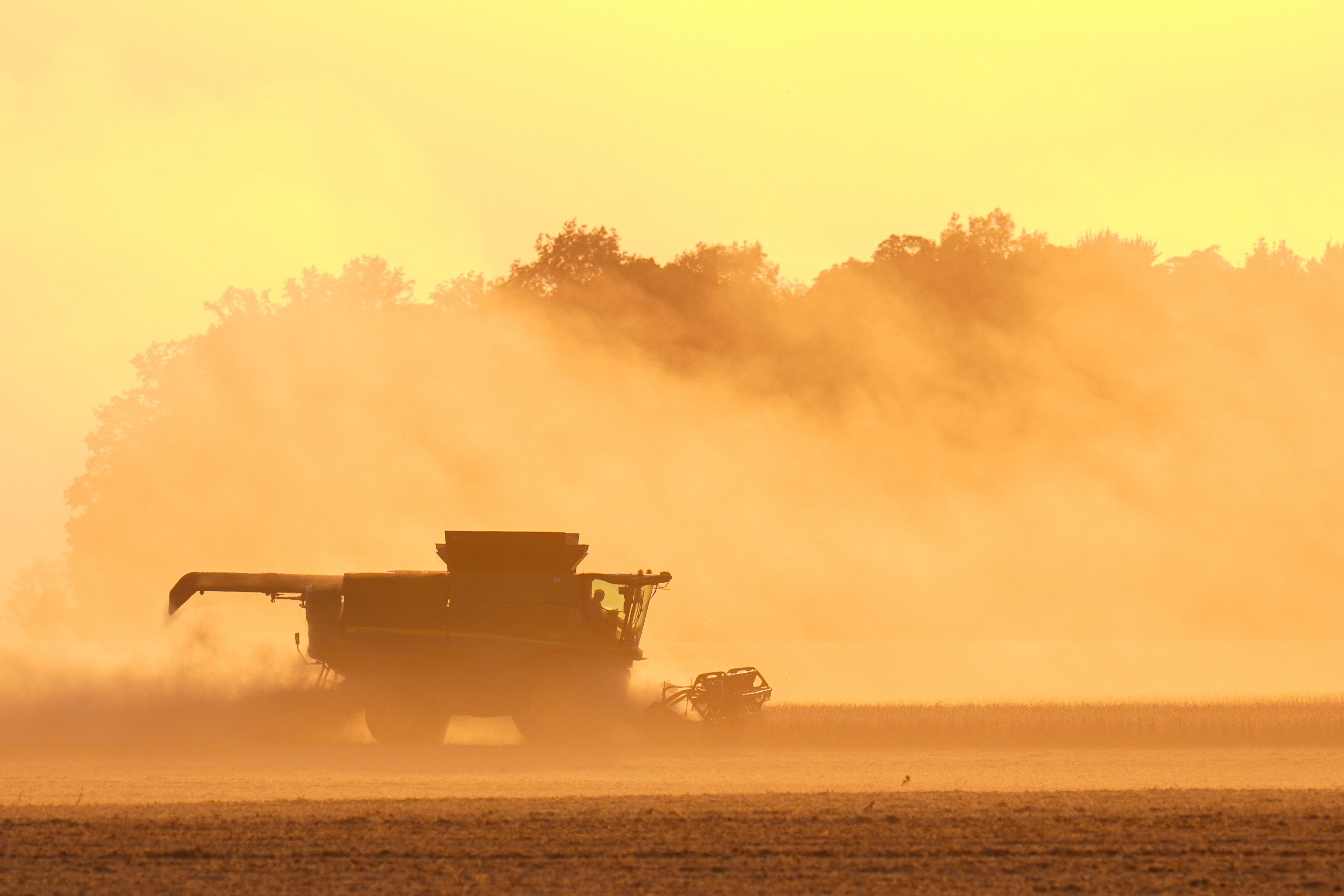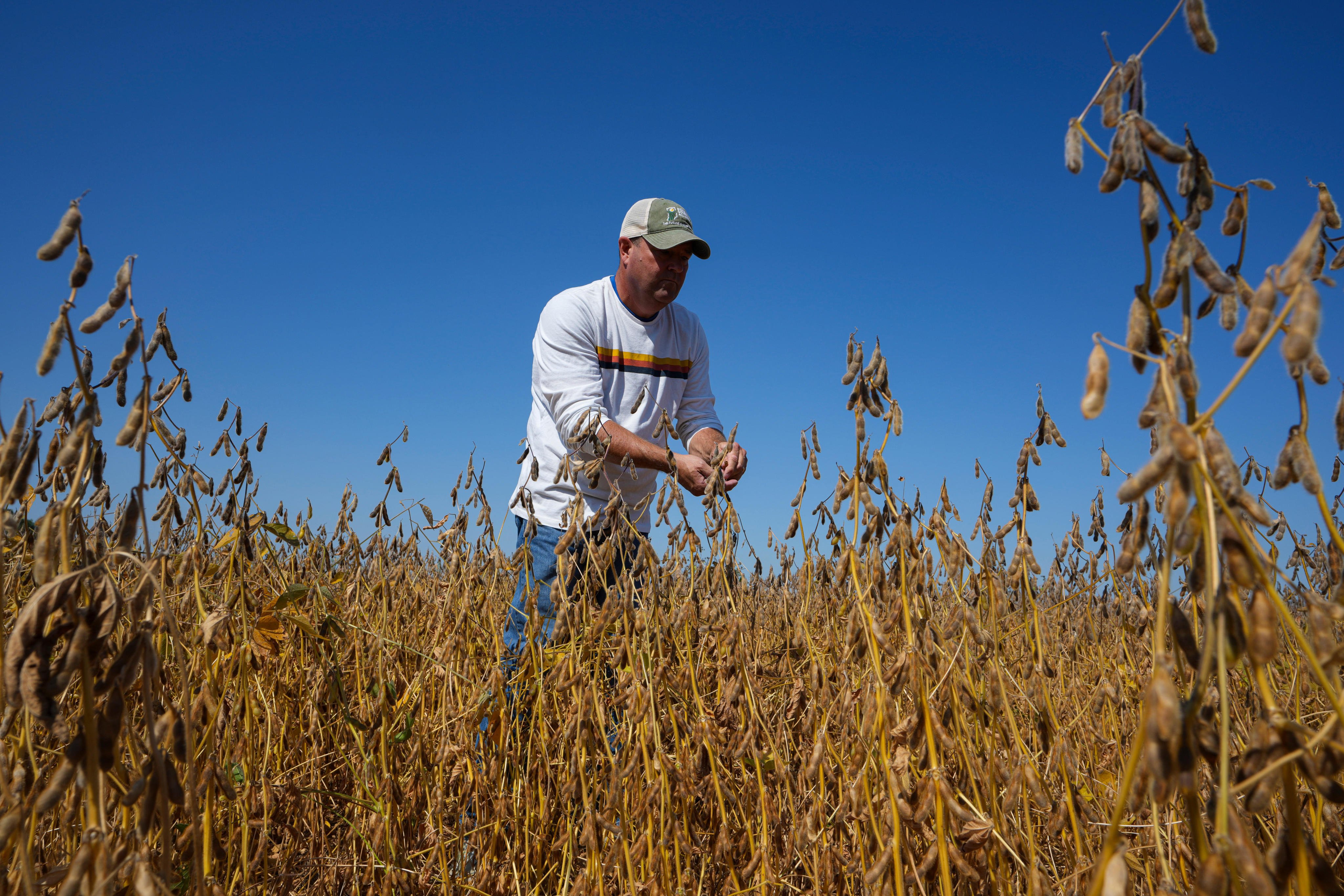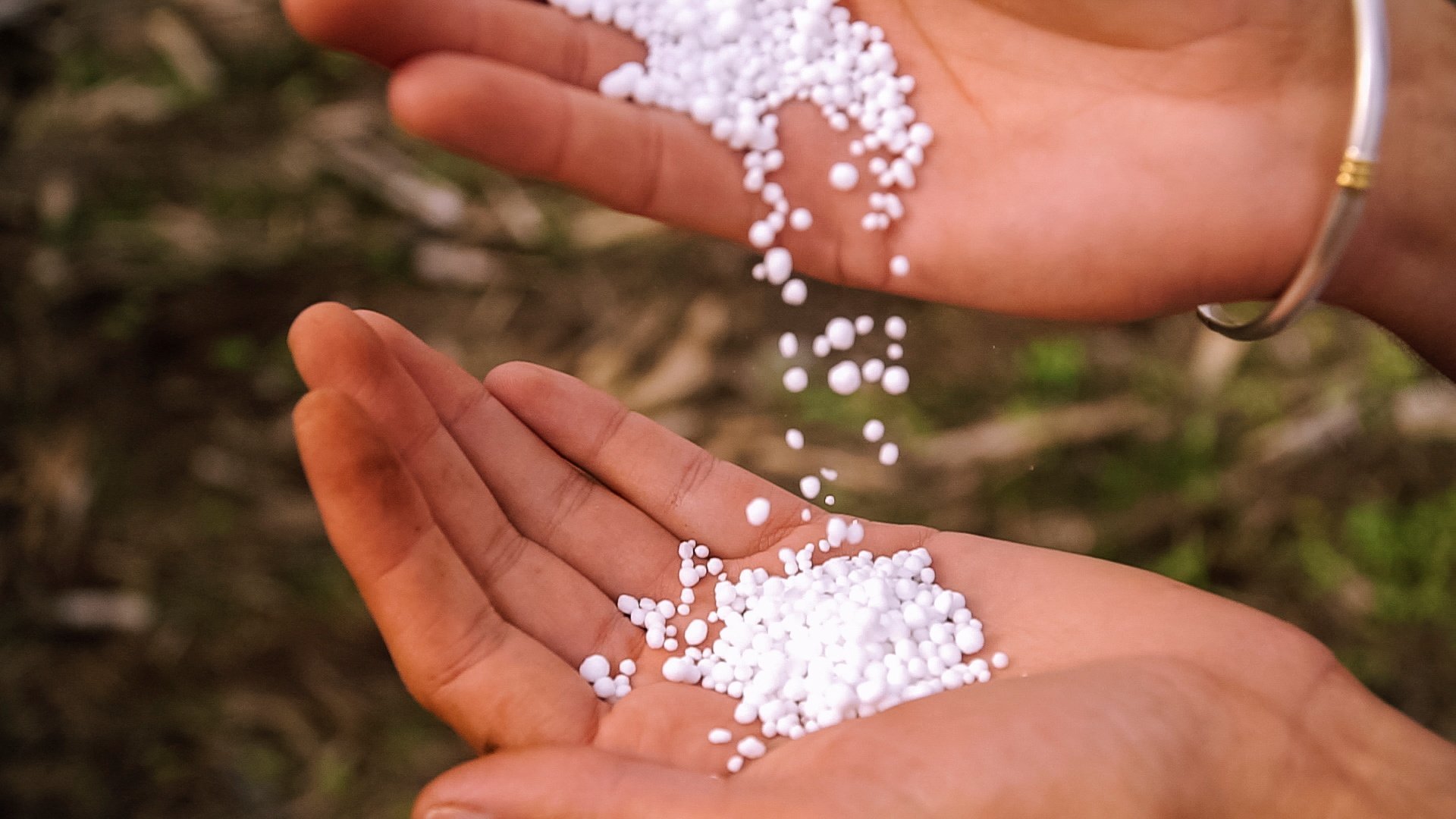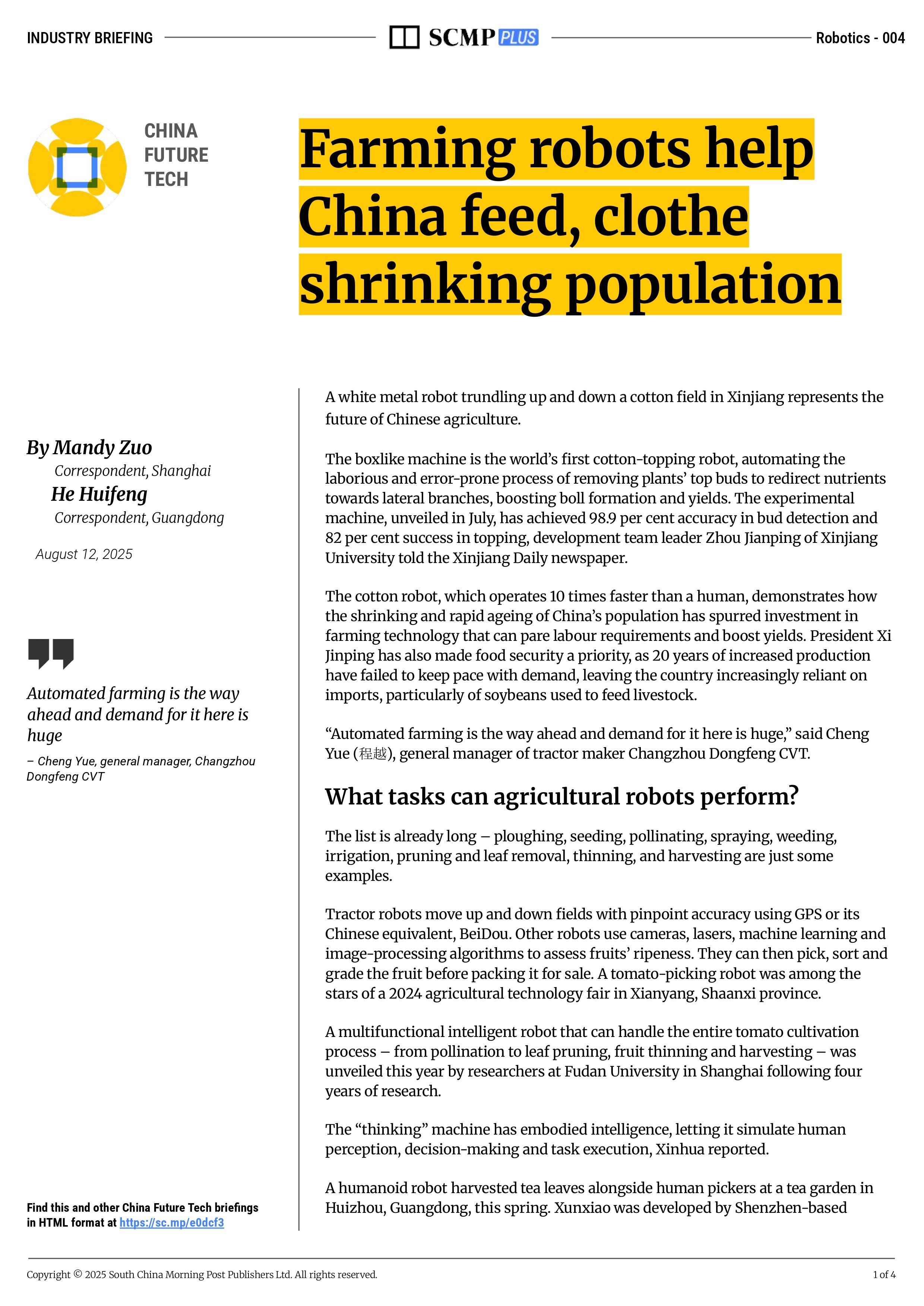Advertisement
Advertisement
TOPIC
China food security
China food security
China must ensure an adequate food supply for its 1.4 billion people – about one-fifth of the global population. In a post-coronavirus China, food security has become a more crucial political priority for Beijing, in line with the nation’s new dual-circulation strategy that places greater emphasis on security of all kinds. Particular urgency is being placed on guaranteeing the safety of the nation’s grain supply – its so-called rice bowl. Natural disasters, disease and external uncertainties are among the unpredictable factors that pose a threat to agricultural production, including livestock and crops.
Help preserve 120 years of quality journalism.
SUPPORT NOWAdvertisement
Advertisement
Advertisement
Advertisement
Advertisement
Advertisement
Advertisement
Advertisement
Advertisement
Advertisement
Advertisement
Advertisement
